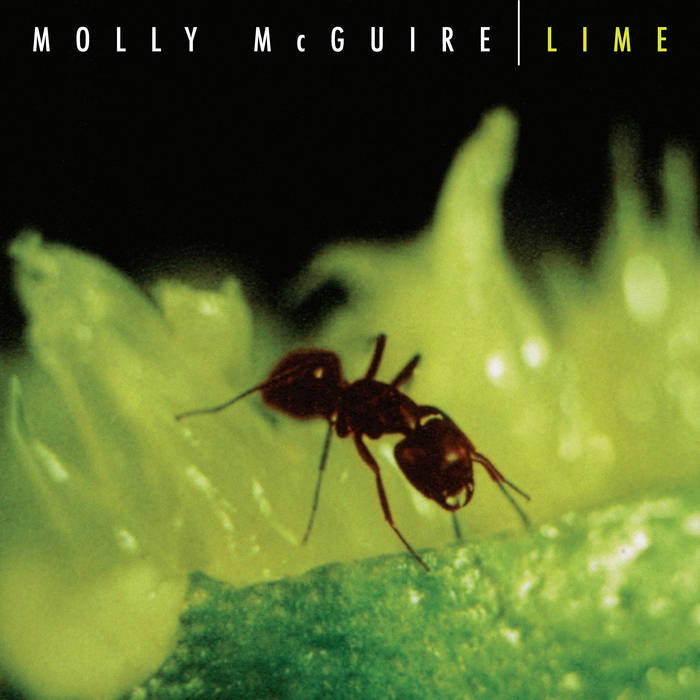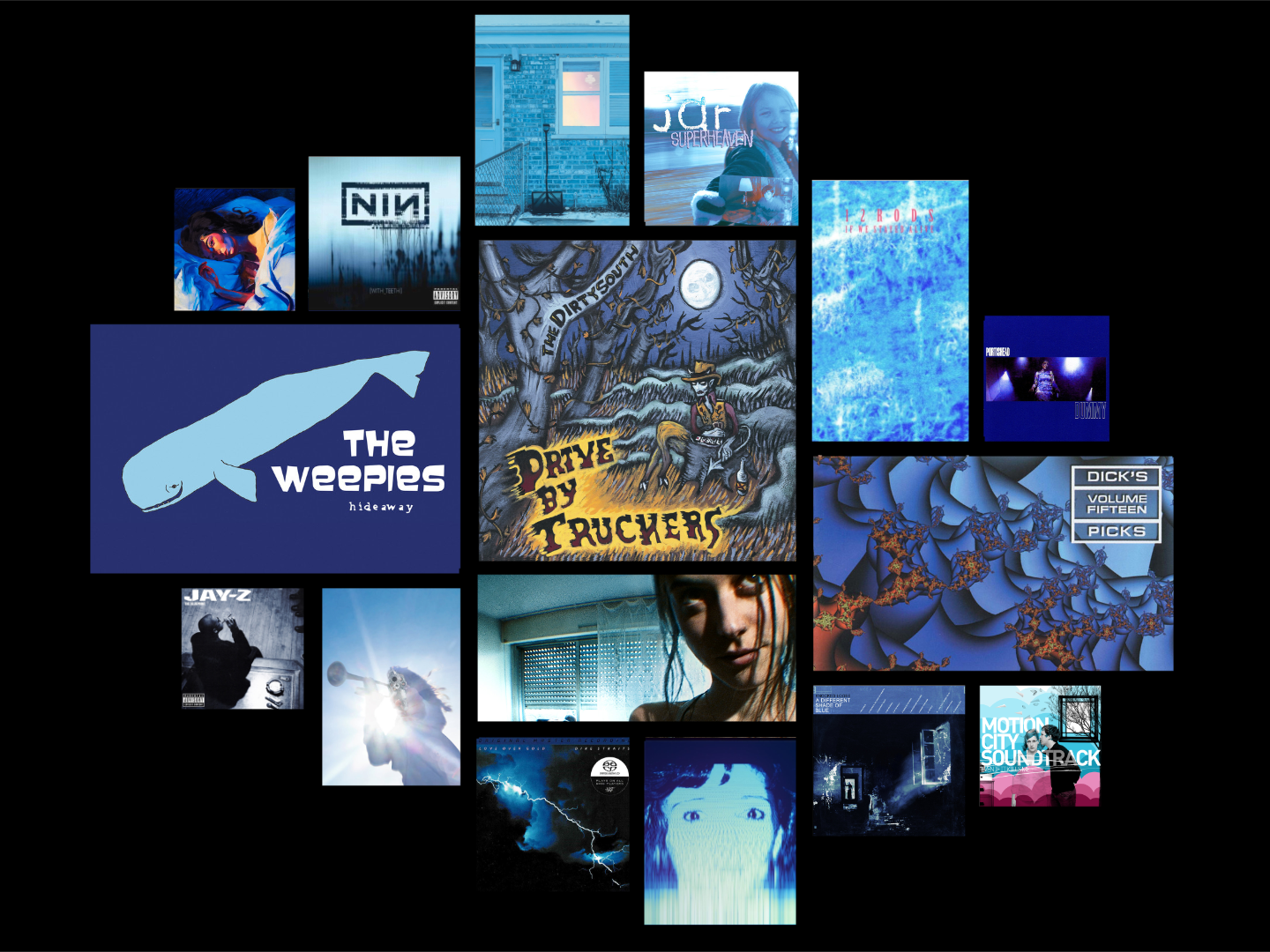Pictoria Vark – I Can't Bike | Single Review
/There are some artists you will never forget hearing for the first time. Maybe you remember precisely where you were, when it was, or how you first stumbled across them. Sometimes the experience itself is notable, but more often than not, our brain decides to lock these feelings of initial discovery into its long-term memory banks because the music connects with us in some profound way. You hear the song, and you’re struck with some variation of “how have I gone my whole life without this?”
I have many artists that fall under this criteria, but one project I’ll never forget hearing for the first time is Soccer Mommy. I had never heard of Sophia Allison or her band until 2018’s Clean, which had just released and was the talk of the town in indie music circles at the time. I threw that album on, and everything seemed to click all at once. It was gorgeously produced, instrumentally stunning, and disarmingly confessional. I’d never heard anyone sing about those topics quite the way that Allison does on that record.
When I press play on “I Can’t Bike,” the newest single from Pictoria Vark, I am immediately struck with the same things I felt when I first heard Soccer Mommy all the way back in 2018. Pictoria Vark is the solo project of Victoria Park, a clever spoonerism that allows Park to explore the brutal and ever-changing waters of her twenties through earnest and emotional indie rock. This similarity to bands like Soccer Mommy isn’t found just in the song’s brilliant instrumental or structural modesty, but a deeper ethos rooted in something universal, human, and truthful.
Much like the best songs from Soccer Mommy, Snail Mail, or any of those deeply personal bedroom-born indie rock projects, “I Can’t Bike” hinges on the singer grappling with some form of personal failure. These songs find their heroes recognizing something they’re bad at and struggling with that fact openly. This form of harsh self-judgment is an immensely relatable experience, especially for people in their early 20s just on the cusp of entering adulthood and encountering new pratfalls in seemingly every area of life.
Sometimes these personal failings can come from our own lack of experience, and other times it’s because we’re unfairly comparing ourselves to those around us. In the case of “I Can’t Bike,” the song finds Park honing in on near-imperceptible ticks of someone she’s known for years and realizing that she has her emotional work cut out for herself. It’s easy to get hung up when you’re on the receiving end of these types of interactions, but that’s where music becomes the perfect outlet. Rather than harp on these negative emotions, Park turns them into a communal outpouring that any listener can absorb and fit into their world.
“I Can’t Bike” begins with, of all things, a steady bassline. While this initially might seem like an odd way to kick the track off, the instrument doesn’t sound out of place in the slightest. In fact, once you find out that Park has played bass for the likes of Squirrel Flower and Dee Snider, this choice seems like a no-brainer.
Within seconds, Park’s delicate croon enters, setting the scene as her bass keeps time. Thirty seconds into the song, the guitar and drums (all played by Park) enter the fray, propelling the track forward while still keeping the pace set by the initial soothing bassline. The song rolls onward with momentum and adoration reminiscent of Blue Deputy’s “New Jersey,” weaving a lush mid-paced Beach House-esque instrumental that the listener can fully luxuriate in.
As this rising instrumental punctuates each verse, the track eventually culminates in an eruption of distorted guitar around the two-minute mark for a fiery solo that offers a mixture of catharsis and redemption. As the music video shows, this song is not actually about biking at all, but finding comfort in the presence of close friends. The title “I Can’t Bike” captures one possible meaning of the complicated world of early-adulthood emotions while the lyrics capture another. The single is crafted so that anyone can listen and project their experiences onto it, finding comfort in the fact that they are not alone.





